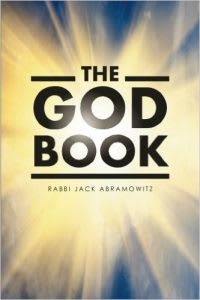20. What is Prophecy?
Prophecy is the ability to receive and decode Divine emanations. It is the highest spiritual level to which a person can aspire as it requires a highly-developed imaginative prowess (by which we mean the ability to conceive of things not perceived through the usual five senses - refer to Aristotle's concept of "imagination" or "phantasia"). [II, 36] No matter how much one hones himself morally and intellectually, he cannot take for granted that he will necessarily be able to develop his "prophecy receptors." If he doesn't have the capacity for imaging, the gift of prophecy is simply never going to take.
Some of the functions of one's imaginative ability are to retain the impressions of things one has seen or heard, to combine these impressions, and to form new images. The highest function of this faculty occurs when one's other senses are asleep and it can potentially tap into the Divine. This is when one could potentially receive dreams that come true, or even prophecy - provided that he has the aptitude for such things.
Dreams that come true and prophecy are essentially the same phenomenon, as they both entail receiving impressions using our "spirituality receptors." The difference is really one of intensity, as the Talmud (Brachos 57b) tells us, "Dreams are one-sixtieth of prophecy." Similarly, the Midrash (Bereishis Rabbah 17) says that dreams are the "unripened" form of prophecy. The Rambam finds this metaphor to be particularly apt: unripened fruits are indeed fruits, they've just been plucked from the tree prematurely. Similarly, true dreams are indeed a form of prophecy, it's just that the individual's receptors are not finely-tuned enough to receive it in its full form.
It is evident that dreams can be a form of prophecy from Numbers 12:6: "If there is a prophet among you, I (God) make Myself known to him in a vision; I speak to him in a dream." These two forms of perception constitute the entirety of prophecy in its various degrees.

